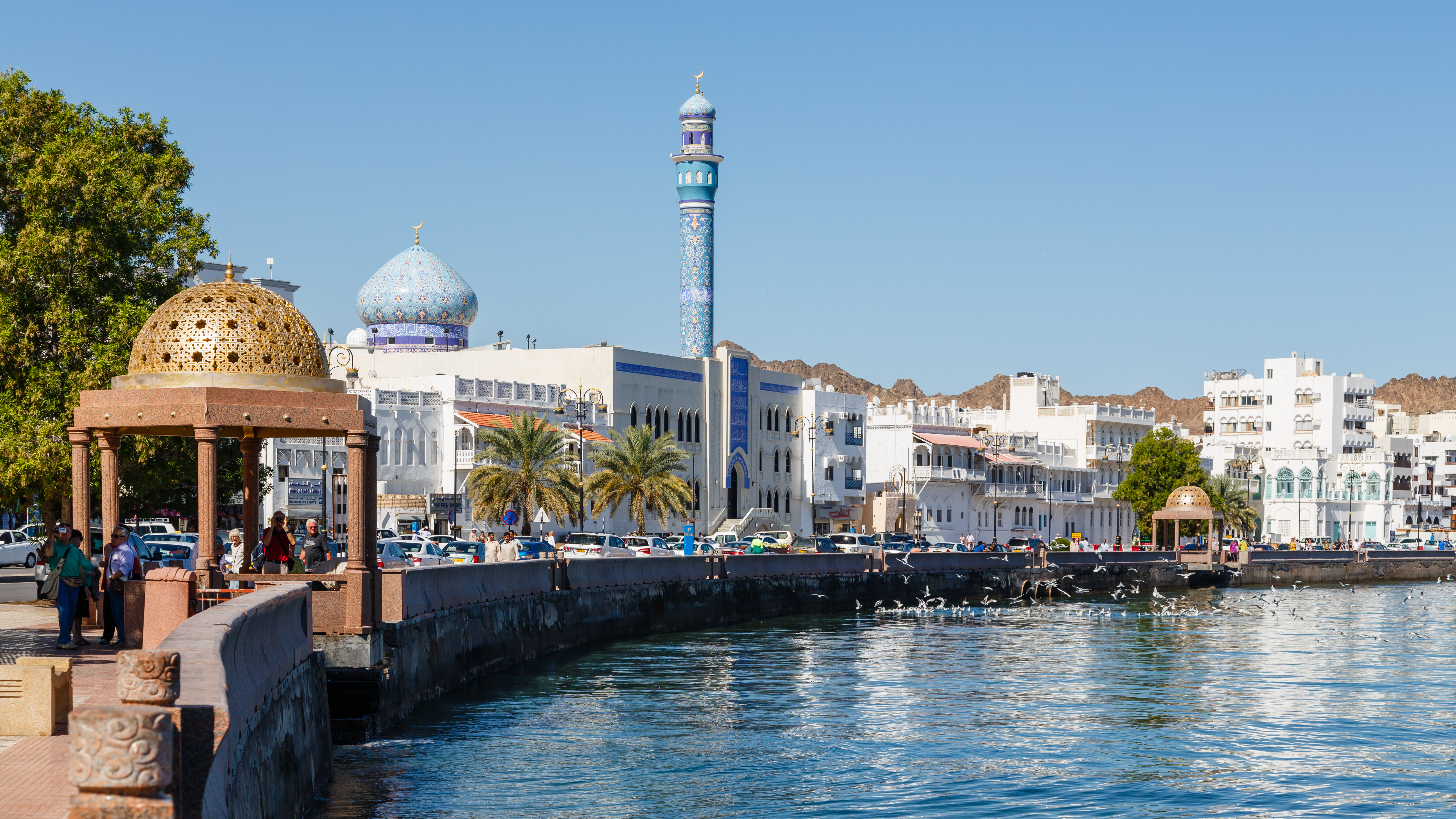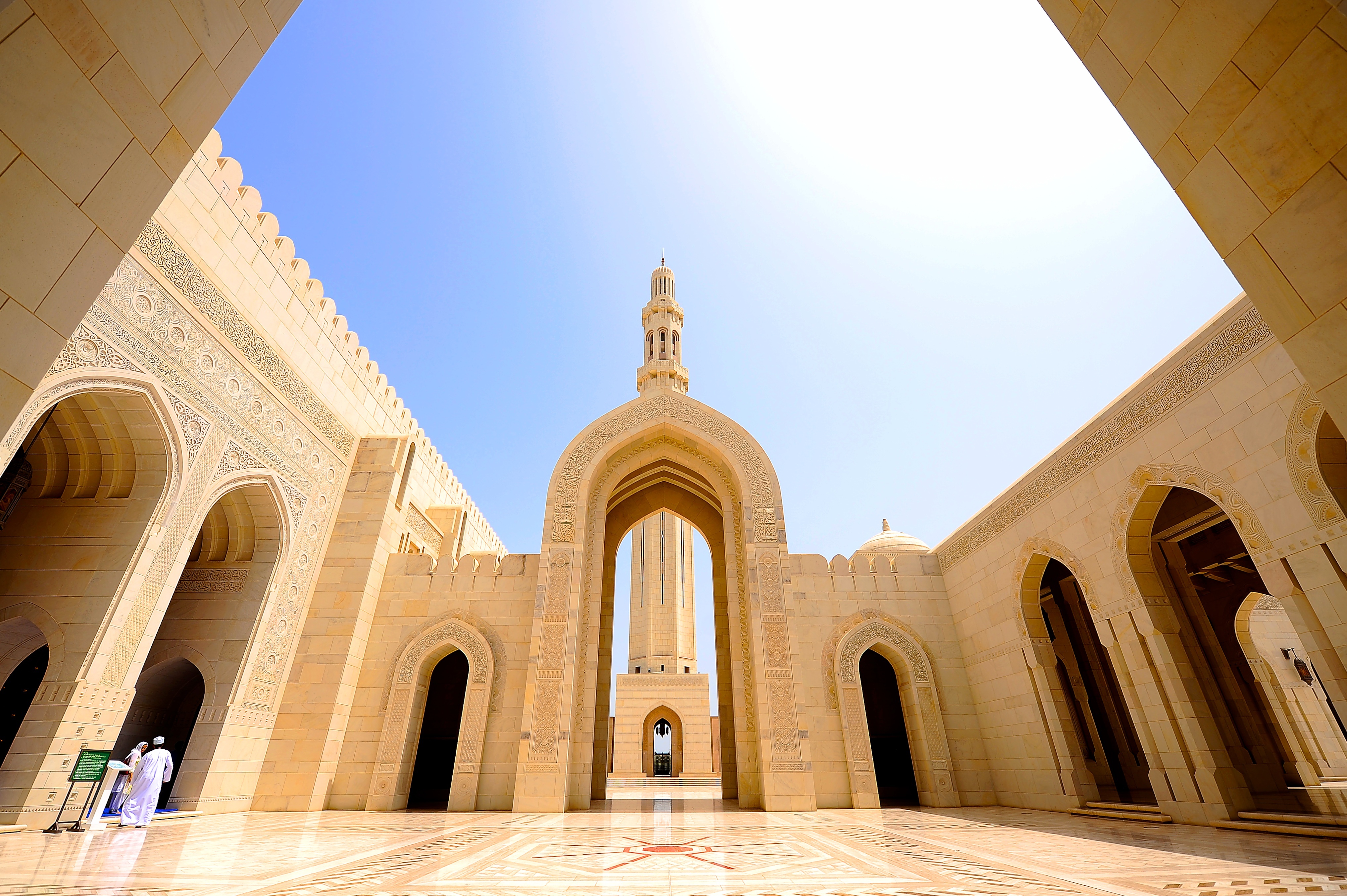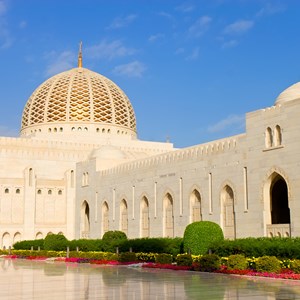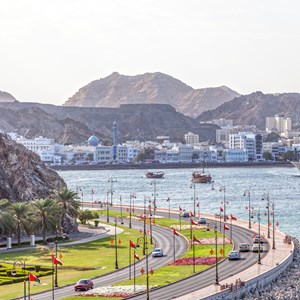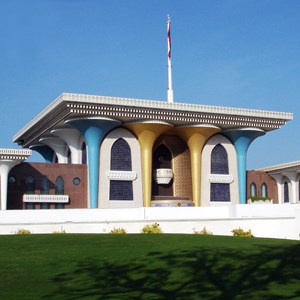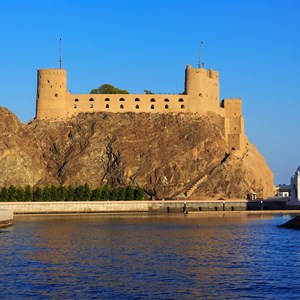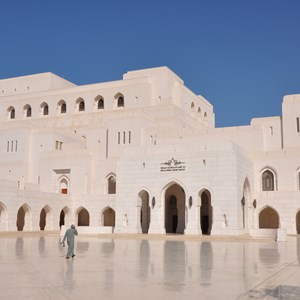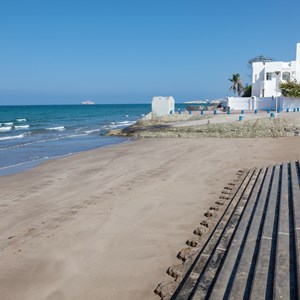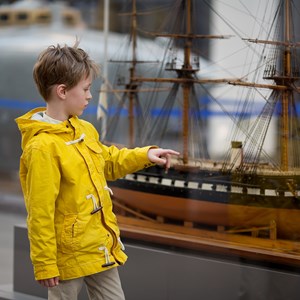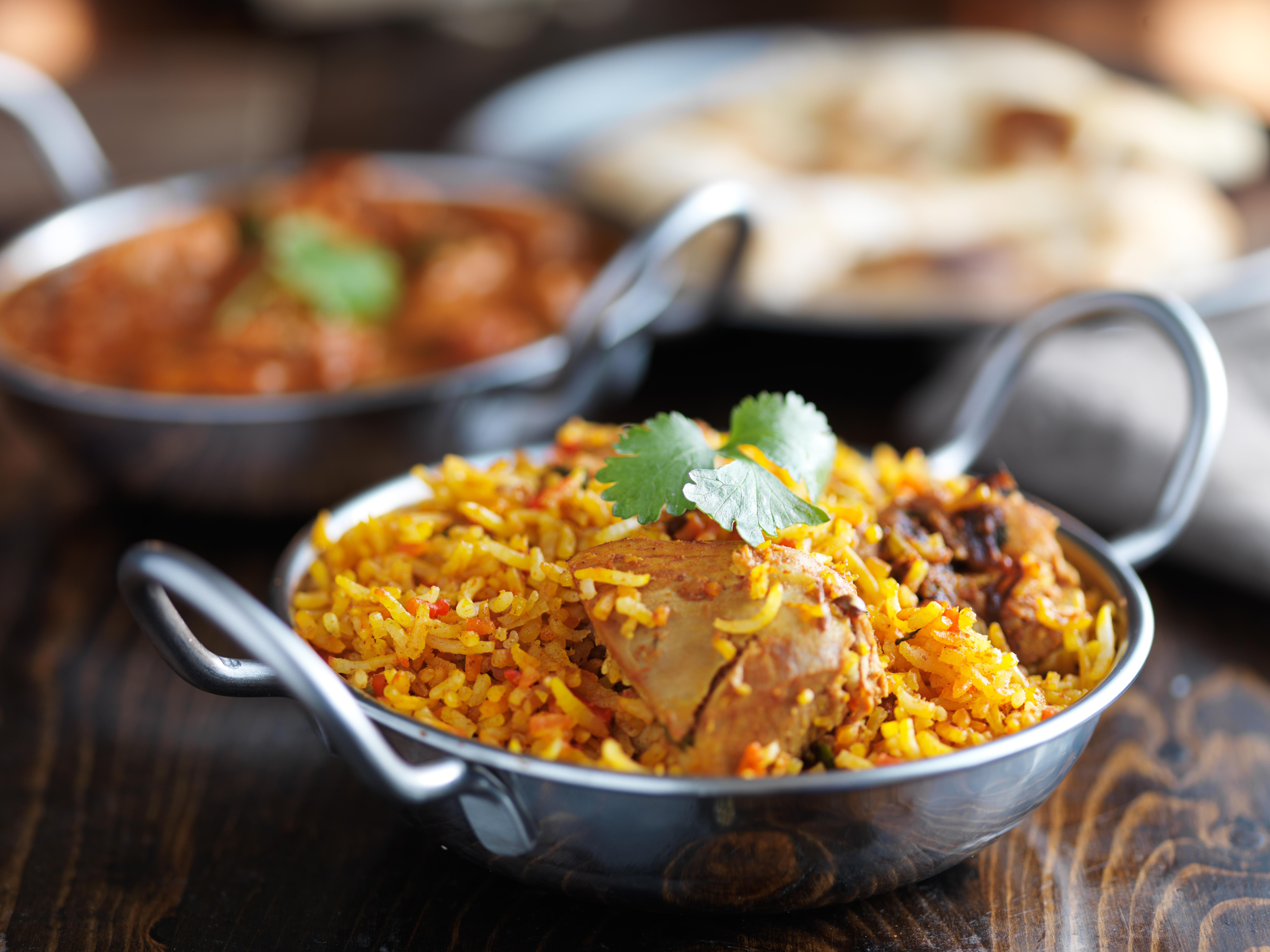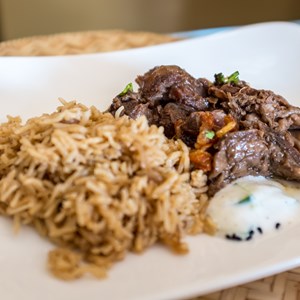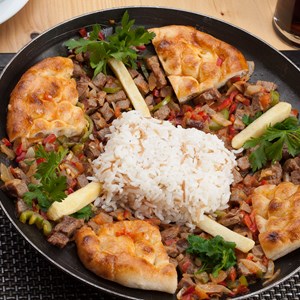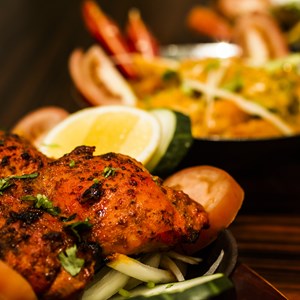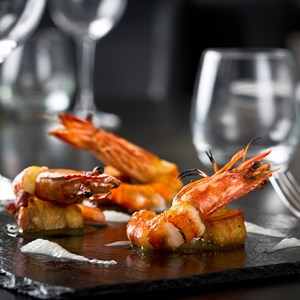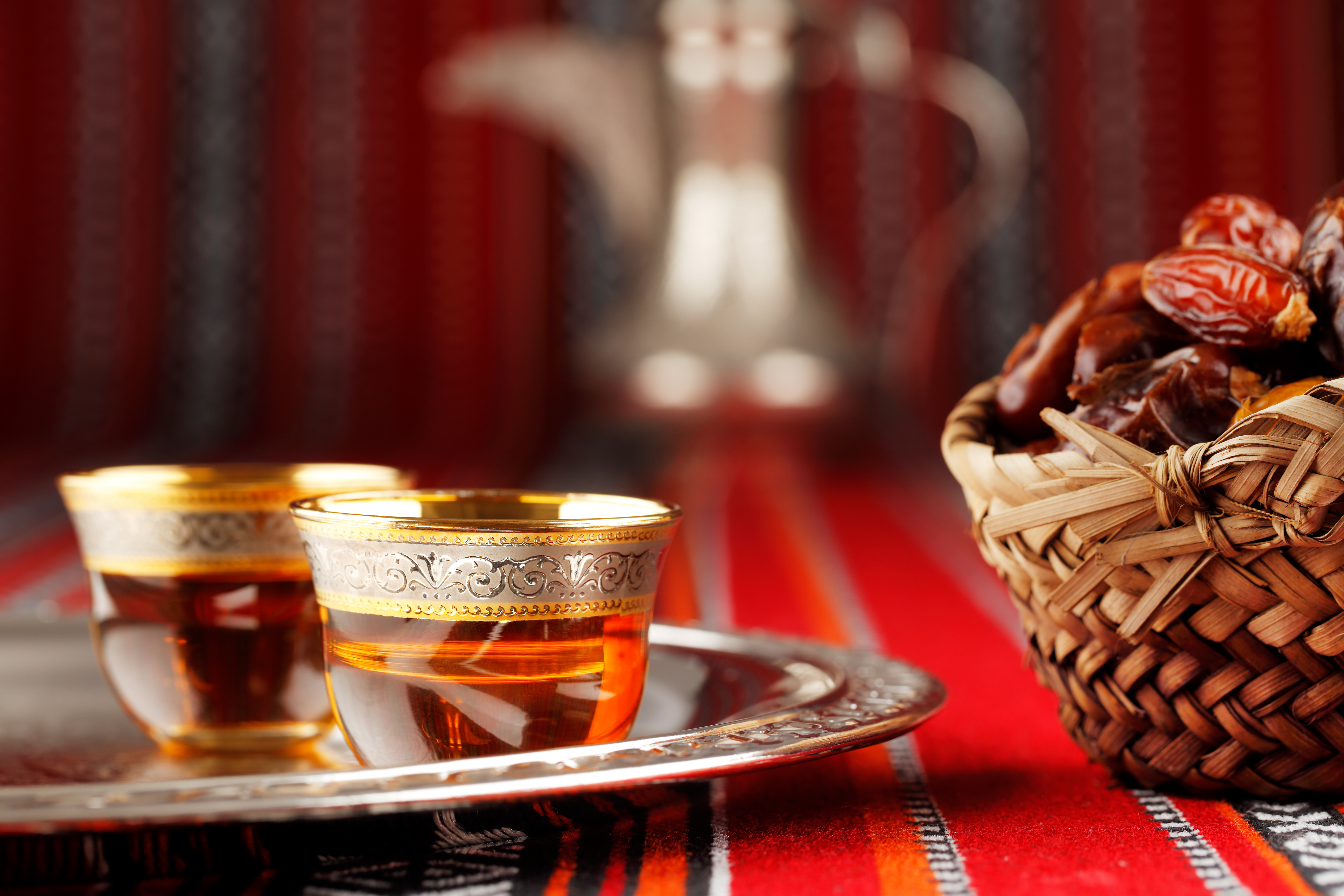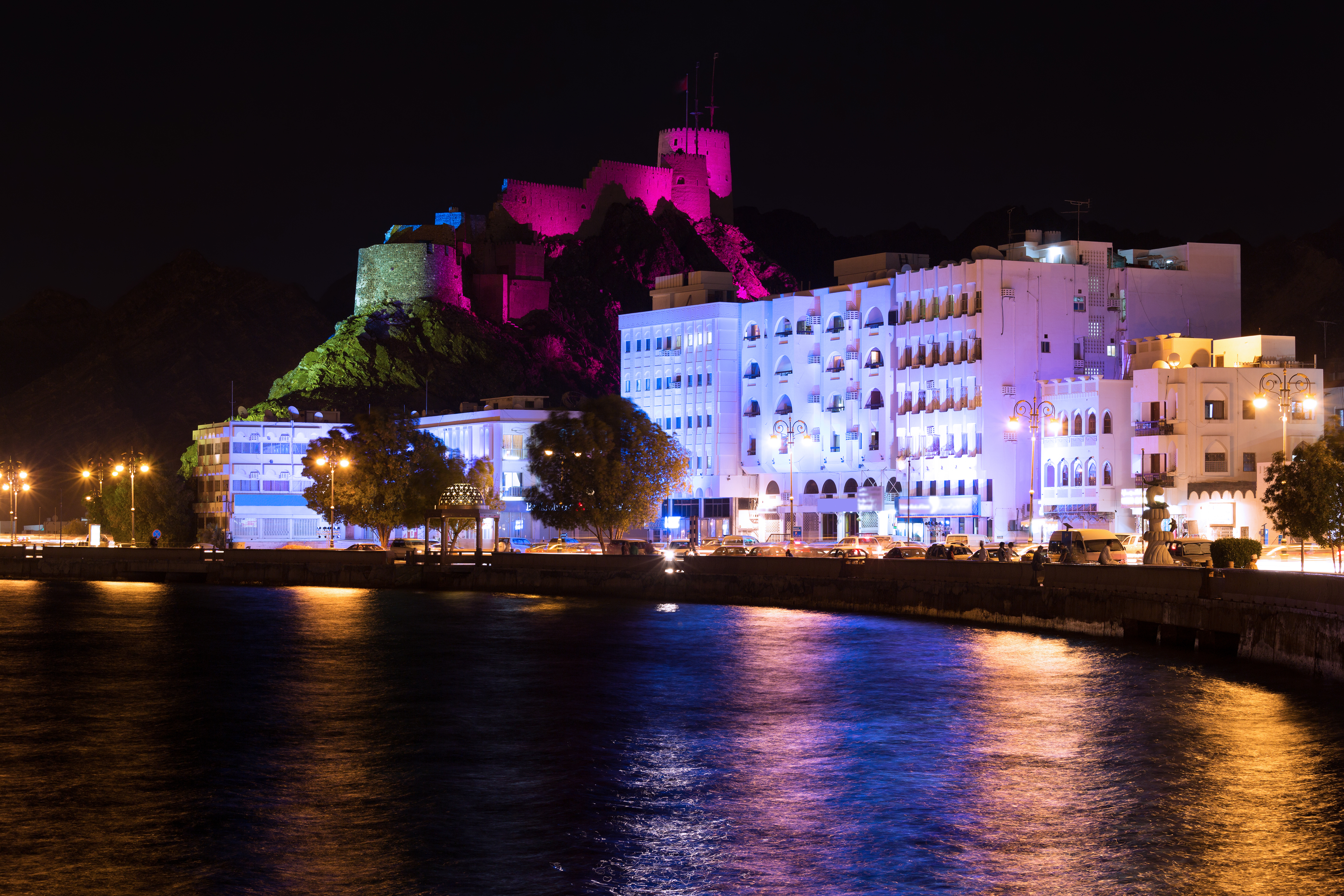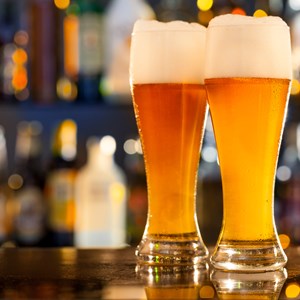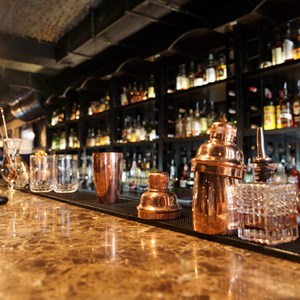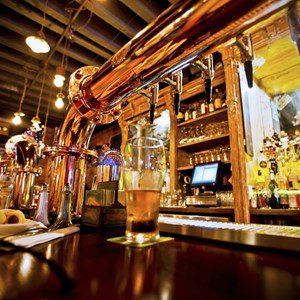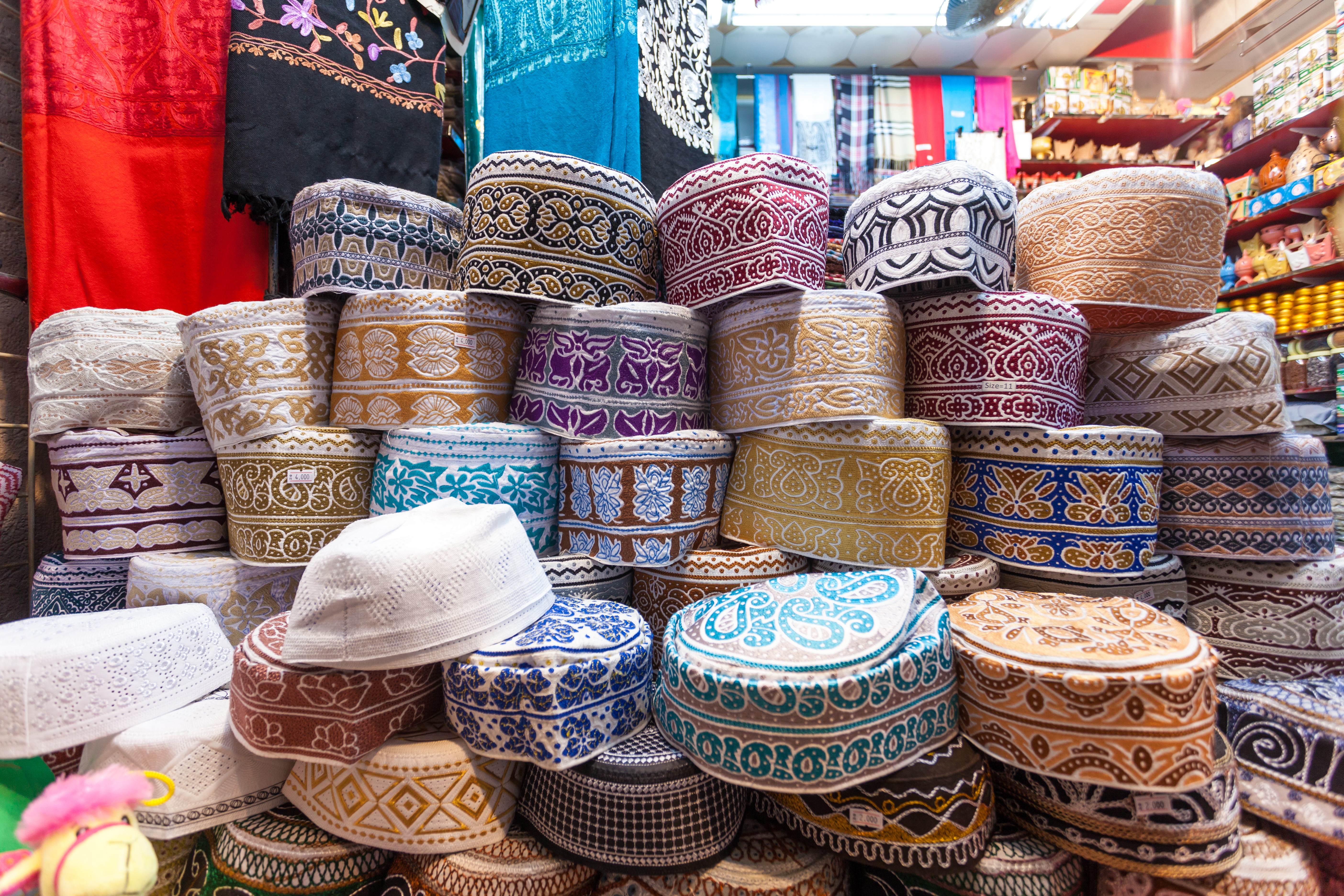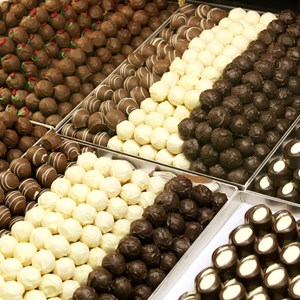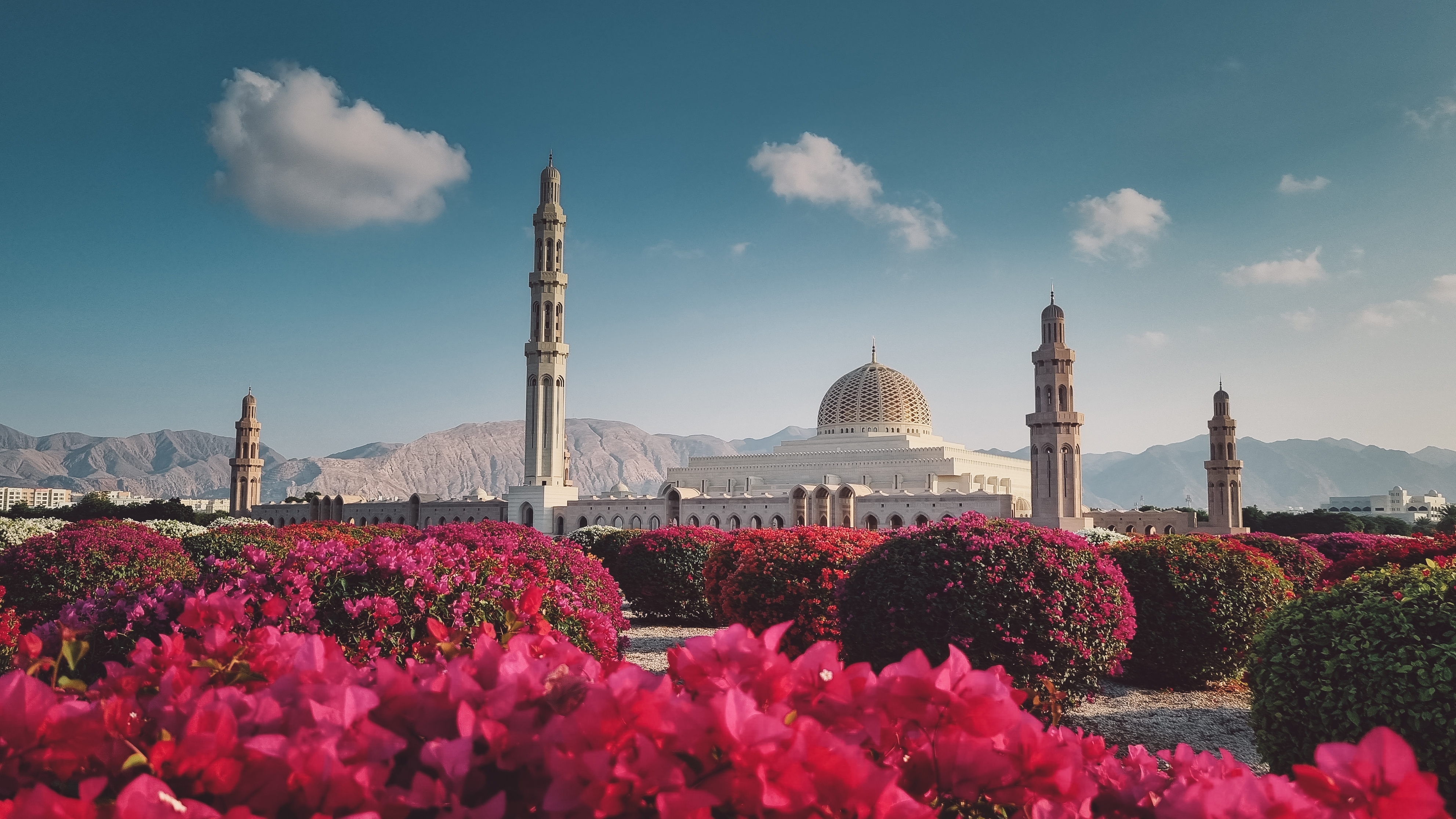

Located between the imposing Al Hajar Mountains and the salty waters of the Arabian Sea is Muscat, the cosmopolitan Omani capital. Now home to almost half the country's population, the city is an expat's darling and has a lot to offer in the way of historical sights, culture, and entertainment. Muscat has managed to remain relatively concealed from the tourist eye and retains a sense of inwardness and an unspoiled quality long lost by some of its Emirati neighbours.
The City
What were once three small villages of Muscat, Muttrah and Ruwi, today constitute the modern, ever-growing and very cosmopolitan Omani capital, with each of the three areas still preserving some of their individual flair.
Old Muscat, the historic heart of the city, contains some of the finest Arabian architecture and cultural heritage sites. Old Portuguese forts and historic buildings breathe the charm of the foregone ages. The opulent Sultan Qaboos Grand Mosque, a rather new addition to the local architectural landscape, has grown to become the country's major religious centre.
The scenic, busy port area of Muttrah is the place to be right before sundown. A promenade along its seaside Corniche lined with stylish hotels and eateries makes for a perfect kick-start to the evening, to be continued exploring the Muttrah Souq and Muscat's somewhat hushed, but very present nightlife.
Neighbouring Ruwi is best explored during the day when its dynamic business district reveals its unique character. This newly developed area offers a blend of modern commerce and traditional charm, with bustling markets, diverse shops, and an array of eateries.
Some distances might prove too long for walking but commuting between Muscat's historically detached areas is made easy by omnipresent minibuses and taxis, easily hailed down from any point in the city.
Do & See
Muscat faces the Gulf of Oman in the Arabian Sea, surrounded by Wahiba Sands desert and Al Hajar Mountains, which provides you with an endless list of sights to explore and activities to experience. With natural beauty, beach resorts, an emerging cultural scene and historical relics, the nation's capital is guaranteed to keep travellers busy both on land; mosques, forts and souqs, and at sea; dolphin-watching tours and snorkelling, to name a few.
Dining
Omani cuisine is halal meat-dominated, with Arabian and Indian influences easily traceable. Some of the typical local dishes include grilled meats, Shwarma and Biryani. Muscat's seaside location makes for a heavy emphasis on seafood in local cuisine as well.
Restaurants in Muscat are often located on hotel premises and cater primarily to expats and tourists, as most locals favour cafés over fine dining.
The variety of cuisine choices is; however, certainly impressive and ranges from traditional Omani to Indian, Pakistani, European and Asian.
Cafés
Western-style restaurants are a foreign import to Oman, while cafés enjoy a much higher popularity among locals and often make for dining experiences no less tantalising.
Shwarma is, perhaps, the most popular local eat, and is made with roasted beef or chicken wrapped in bread with salad and vegetables. Grilled meats, or 'kebabs', are another local speciality, often served with flatbread and hummus. Another dish typical of the area is Biryani which often simply means chicken leg with rice and spices.
Cafés normally offer a variety of fresh juices to go with a meal, along with coffee, 'gahwa', spiced with cardamom and cloves.
Bars & Nightlife
Muscat is an unexpectedly vibrant and photogenic city by night. Taking a stroll along the Corniche or wandering through the Muttrah area may offer a glance into local life hidden from sight during daytime. Those interested in smoking shisha will not find themselves at a loss, since cafés that serve shisha are widely available throughout the city.
When it comes to bars and clubs, most local nightlife is limited to hotel premises due to restrictions on the sale and consumption of alcohol in the country. However, some hotels do pack a punch, and finding a suitable venue should not pose much difficulty.
Shopping
Visitors to Muscat are free to choose between an authentic shopping experience in the souqs and modern, air-conditioned shopping malls established in recent years, primarily in central Muscat and its upmarket suburb of Qurum.
The souqs in Muscat and Muttrah are a vibrant, lively experience fit for those ready to haggle and actively pursue great bargains. Clothing, leather goods, local art and handicrafts, ceramics, gold and jewellery are some of the items on sale in the city's windy souqs.
Western-style shopping malls, on the other hand, sell primarily international brand clothing and accessories, and often house grocery stores, food courts, and entertainment venues.
Tourist Information
Muscat International Airport (MCT)
The Muscat International Airport is the largest in Oman and is located 32 kilometres away from the city. Some hotels in Muscat arrange courtesy shuttles for guests and offer pick-up services directly at the airport.
The most convenient way of getting to Muscat on your own is by taxi. Fares should be agreed upon prior to departure; paying in advance directly at the airport taxi counter is also possible. You might also consider using ride-hailing apps like Uber for more upfront pricing.
Address: Muscat International Airport
Email: media@omanairports.com
Phone: +968 24 351234
Website: www.muscatairport.co.om
More Information:
Best Time to Visit
The weather in Muscat is enjoyable and warm all year round with particularly high temperatures during the months of June to August, which you might want to avoid. The winter season, from October to March, will be the best option to visit if you are looking to relax in the sun during the day, but experience pleasant temperatures during the night.
Address:
Email:
Phone:
Website:
More Information:
Passport & Visa
Unless you are a citizen of one of the member nations of the Gulf Cooperation Council who may travel to Oman without visa limits, you will need to obtain a visa prior to your trip.
All European Union citizens will be able to apply for a visa online, which will be valid for 30 days. The majority of these nationalities can also receive a visa on arrival in Oman.
Upon entering Oman your passport must be valid for at least 6 months.
If you hold an onward ticket, you may transit through Oman without a visa for a maximum of 6 hours if proceeding as part of the same flight.
Citizens of Israel may currently not enter Oman (as of late 2018).
For further details, visit the official Omani evisa website.
Address:
Email:
Phone:
Website: www.evisa.rop.gov.om
More Information:
Public Transport
In Muscat, while public transport may not rival the extensive networks of larger cities, it offers a charming glimpse into local life. The Mwasalat buses are your go-to for exploring the city, whisking you between key landmarks in comfort and air-conditioned ease. Tickets can be purchased directly on the bus or from designated ticket counters. It’s advisable to carry some cash for payment. For up-to-date route details and schedules, check out the Mwasalat website.
Address:
Email: info@ontcoman.com
Phone:
Website: www.mwasalat.om/home
More Information:
Taxi
Navigating Muscat is a breeze with its distinct orange and white taxis that are easy to spot throughout the city. However, these taxis are not metered, so it’s essential to negotiate the fare before starting your journey to avoid any surprises.
For those who prefer a more modern approach, ride-hailing apps like Uber and the local favourite, OTaxi, operate seamlessly in Muscat, offering convenience and the assurance of upfront pricing.
Address:
Email:
Phone:
Website:
More Information:
Post
In Muscat, post offices generally operate from 8am to 7pm, Sunday through Thursday. For residents, renting a PO box is essential since door-to-door mail delivery is not commonly practised. However, for tourists, renting a PO box is generally not practical or necessary. Tourists usually rely on their hotels or temporary accommodations to handle any mail or packages. For most visitors, the most useful services at Muscat's post offices would include sending postcards, mailing souvenirs, or using express mail services for important documents.
Address: Oman Post Office - Al Khuwair
Email:
Phone: +968 24 922000
Website: www.omanpost.om
More Information:
Pharmacy
Muscat Pharmacy has several locations throughout the city, making it easy to find one near your accommodation or while exploring Oman’s capital.
Address: Muscat Pharmacy - Al Khuwair Street, Muscat
Email: mphq@mpmct.com
Phone: +968 24 487980
Website: www.muscatpharmacy.om
More Information:
Telephone
Area code +968
Address:
Email:
Phone:
Website:
More Information:
Electricity
In Oman, the electrical system operates on a standard voltage of 240V and a frequency of 50Hz. The type of plugs used is the UK-style Type G, which features three rectangular prongs.
Address:
Email:
Phone:
Website:
More Information:


